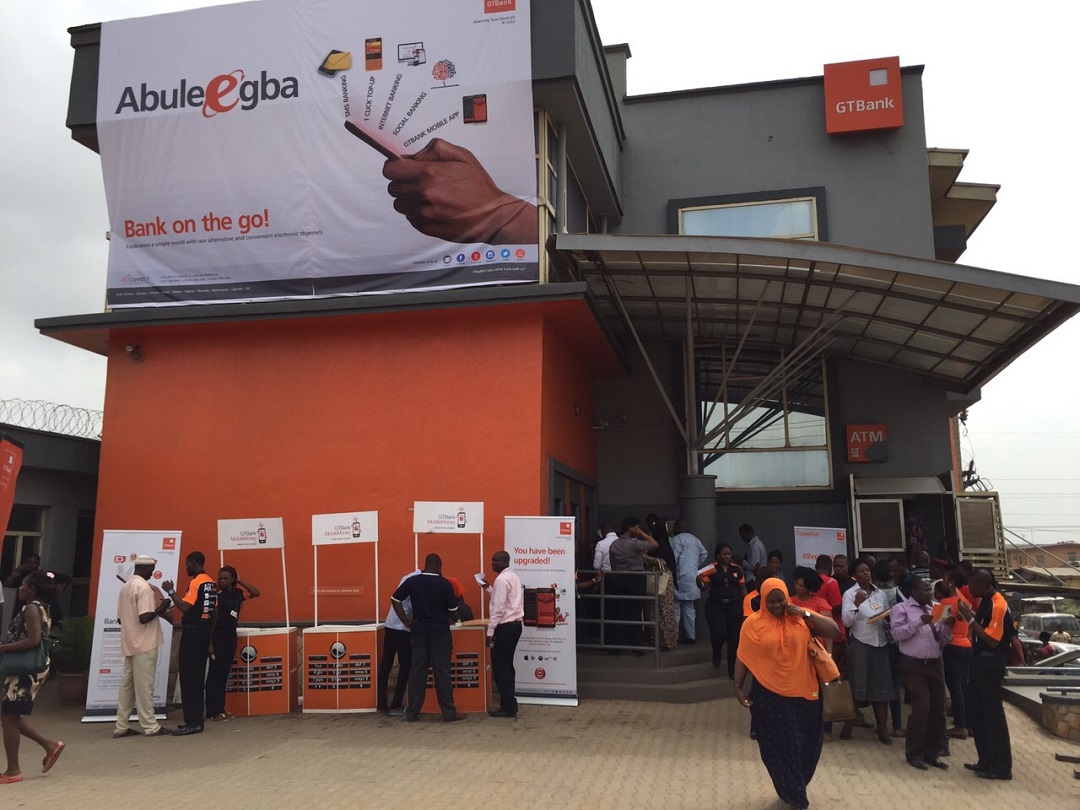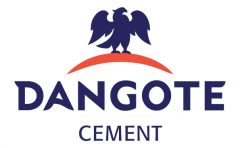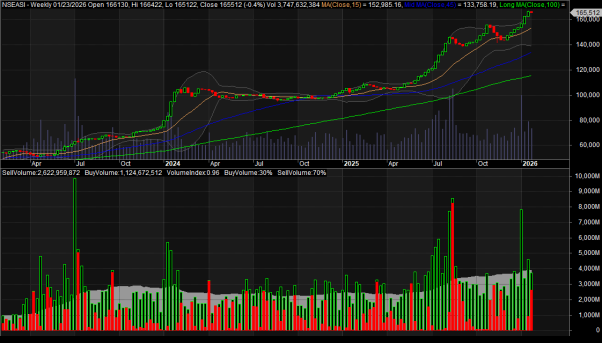
Guaranty Trust Bank Plc, on Wednesday, published its unaudited account for the first quarter ended March 31, 2021, indicating that it was a slightly difficult operating period interest income swinging south, in what may be a sign of the fierce competition for market share among the nation’s banks.
The management successfully reduced its expense, even while fee and commission income grew, among others, in what Segun Agbaje, the Managing Director/Chief Executive described as “a fair footing.”
According to the result released to the Nigerian Exchange (NGX), interest income calculated using effective interest rate dropped from N75.36bn in the corresponding period of 2020 to N55.127bn; while interest income on interest income on financial assets at fair value through profit and loss jumped to N5.181bn from N1.677bn. Interest expense by dropped 38.26% to N7.874bn from N12.754bn last year, of which N6.869bn was spent on customer deposits, up from N10.536bn; resulting in net interest income of N52.434bn, down by N11.847bn or 18.43%.
Loan impairment charges rose marginally from N1.223bn to N1.86bn; resulting in net interest income after loan impairment charges stood at N50.574bn, as against the preceding first quarter’s N63.058bn.
Fee and commission income grew from N14.462bn to N17.573bn, boosted by the N4.176bn from account maintenance, e-business income grew to N3.854bn from N2.496bn, while credit related fees and commission stood at N2.4bn from N2.781bn. Fee and commission expense (bank charges) increased to N2.965bn from N909.257m; leaving net fee and commission income grew to N14.608bn from N13.553bn.
Net gains on financial instrument held at fair value through profit and loss jumped from N5.416bn to N8.853bn, buoyed by the N7.467bn foreign exchange trading gain, up from N4.493bn. Other income increased from N15.949bn to N19.43bn, the lion’s share of which was the N12.602bn discounts and recoverables (fx) from N4.688bn; just as forex revaluation gains dropped from N8.448bn to N4.589bn; there was nil net impairment reversal on other financial assets in the period under review, as against N1.921bn. Personnel expenses stood at N9.97bn from N9.24bn; depreciation and amortization grew from N6.85bn to N7.1bn; other operating expenses dropped slightly from N22.949bn to N22.0bn.
Profit before income tax dropped to N53.683bn from N58.204bn; income tax expense stayed flat at N8.136bn from N8.137bn; following which profit after tax for the period stood at N45.546bn, from N50.066bn. This translated to earnings per share dropped from N1.77 to N1.60 each.
On the balance sheet, total assets grew marginally from N4.944tr at the end of December 31, 2020 to N4.992tr in the first quarter of 2021, with customer loans and advances of N1.638tr, compared to N1.662tr. Total liabilities dropped slightly from N4.13tr to N4.155tr, with customer deposits growing from N3.509tr in December 2020 to N3.604tr; owing to which total equity grew from N814.395bn to N837.235bn.
A statement by the group also quoted Agbaje as saying the “results demonstrate our ability to continue delivering strong and sustainable returns, despite the macroeconomic uncertainties that persist in our business environment. This is a reflection of the resilience of our franchise, our prudent approach to risk management, and the efficacy of our digital-first customer-centric business strategy.”

Looking forward, he assured, “we are optimistic about the long-term value that we will continue to create as an organization. We strongly believe that our new growth strategy, together with the enduring loyalty of our customers, the hard work and dedication of our staff and the unwavering support we continue to enjoy from our shareholders, will enable us drive and deliver best-in-class financialsolutions for people, businesses and communities across Africa and beyond.”
Also within the period, Return on Equity (ROAE) of 26.0%, Return on Assets (ROAA) of 4.3%, Full Impact Capital Adequacy Ratio (CAR) of 26.1%, and Cost to Income ratio of 42.6%.














